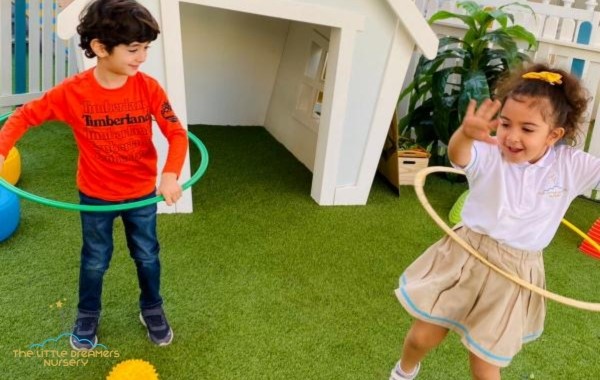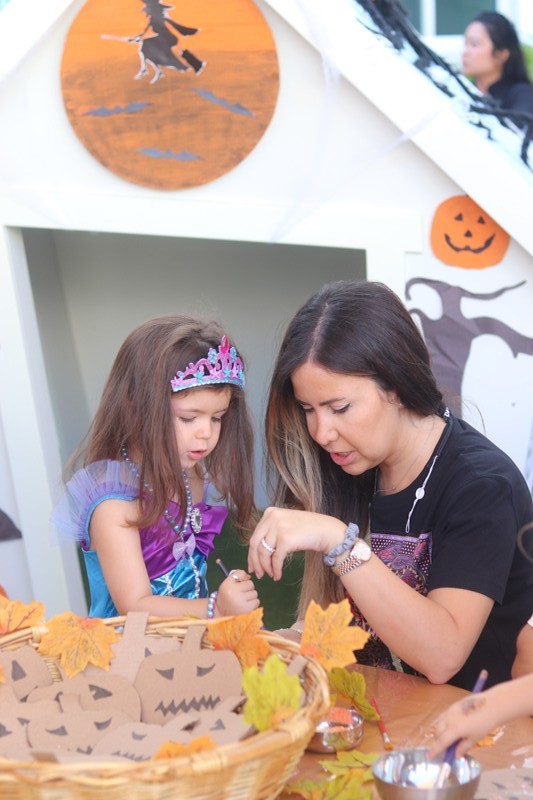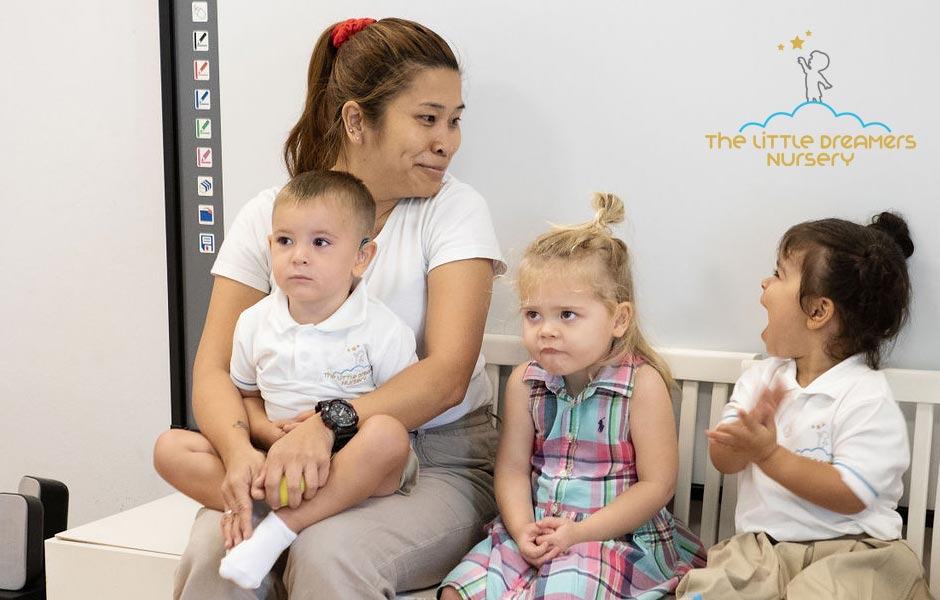As parents and caregivers, one of the most powerful tools we have in our arsenal is praise. When done effectively, praise can boost children’s self-esteem, motivate them to excel, and strengthen the parent-child bond.
However, praising children is more than just showering them with compliments; it’s about providing specific, meaningful feedback that reinforces positive behavior and encourages growth. In this ultimate guide, we’ll explore the different types of praise, how to praise children effectively, and the benefits of using praise as a parenting tool.
Understanding the Power of Praise
Praise is a form of positive reinforcement that acknowledges and encourages desirable behavior in children. It can come in many forms, from verbal praise and encouragement to nonverbal cues such as smiles, nods, and hugs. When children receive praise, it not only boosts their confidence but also reinforces the behavior that led to the praise in the first place.
The Importance of Specific Praise
One of the keys to effective praise is specificity. Instead of offering generic compliments like “good job” or “well done,” try to be specific about what you’re praising. For example, instead of saying, “You’re a great artist,” you could say, “I love how you used different colors to create that picture.”
The Seven Types of Praise
Research has identified seven different types of praise, each with its own unique benefits. These include:
- Verbal Praise: Expressing admiration or approval through words.
- Nonverbal Praise: Using gestures, facial expressions, or body language to show approval.
- Tangible Rewards: Offering physical rewards such as stickers, toys, or treats.
- Social Reinforcement: Praising children in front of others to boost their social standing.
- Process Praise: Praising the effort or strategies children use to achieve a goal.
- Outcome Praise: Praising the end result or outcome of a child’s efforts.
- Person Praise: Praising inherent qualities or characteristics of the child, such as intelligence or talent.
How to Praise Children Effectively
 Be Genuine and Specific
Be Genuine and Specific
When praising children, sincerity is key. Make sure your praise is genuine and heartfelt, and be specific about what you’re praising. Instead of using vague or generic language, highlight specific actions, behaviors, or qualities that you appreciate.
Use Positive Reinforcement
Positive reinforcement is a powerful tool for shaping behavior. Whenever possible, use praise to reinforce positive behavior and encourage children to continue engaging in desirable actions. For example, if your child shares a toy with a friend, praise them for their kindness and generosity.
Encourage Effort and Growth
Instead of focusing solely on outcomes or achievements, praise children for their effort and growth. Emphasize the importance of perseverance, resilience, and hard work, and praise children for their willingness to tackle challenges and learn from mistakes.
Benefits of Using Praise
 Boosts Self-Esteem and Confidence
Boosts Self-Esteem and Confidence
When children receive praise for their efforts and accomplishments, it boosts their self-esteem and confidence. It helps them develop a positive self-image and encourages them to believe in their abilities.
Motivates Learning and Achievement
Praise can be a powerful motivator for learning and achievement. When children receive positive feedback for their efforts, they’re more likely to be motivated to continue learning and striving for success.
Strengthens Parent-Child Bond
Praise strengthens the parent-child bond by fostering a sense of trust, respect, and mutual appreciation. It helps children feel loved, valued, and supported by their parents, which is essential for healthy development.
Promotes Positive Behavior
By reinforcing positive behavior through praise, parents can help shape their children’s behavior in positive ways. It encourages children to engage in prosocial behaviors, such as sharing, cooperating, and showing empathy towards others.
Conclusion
In conclusion, praising your kids effectively is a powerful tool for promoting positive behavior, boosting self-esteem, and strengthening the parent-child bond. By understanding the different types of praise, being genuine and specific in your praise, and using positive reinforcement to encourage effort and growth, you can help your children thrive and succeed. So, don’t hesitate to shower your little dreamers with praise and appreciation—they deserve it!








